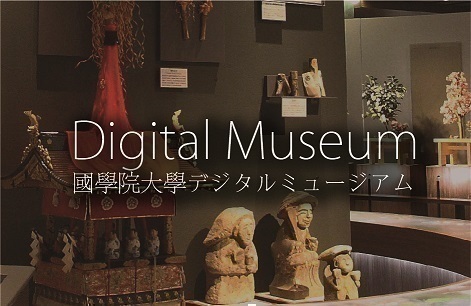- トップ
- Encyclopedia of Shinto
- Arai Hakuseki
Encyclopedia of Shinto
| Main Menu: | |
| Links: |
詳細表示 (Complete Article)
| カテゴリー1: | 8. Schools, Groups, and Personalities |
|---|---|
| カテゴリー2: | Personalities |
| Title | Arai Hakuseki |
| Text | (1657-1725) Confucian scholar of the mid-Edo period. His formal name was Kinmi and style names included Zaichū and Zaibi. His common names were Yogorō and Denzō, and his epistolary name was Hakuseki. Born in Edo on the tenth day of the second month of 1657, Arai initially served Tsuchiya Toshinao, the lord of Kazusa Kururi Domain (in present-day Chiba Prefecture), but left to become a masterless samurai (rōnin) due to discords occurring within the Tsuchiya clan. In 1684 he began studies under Kinoshita Jun'an (1621-98), who in 1693 recommended him for the post of Confucian Adviser to Tokugawa Tsunatoyo (1662-1712), lord of the Kōfu Domain. Arai followed his new master to Edo when Tsunatoyo became the sixth Shogun Tokugawa Ienobu in 1709. Arai served in the role of Shogunal Tutor, in which capacity he participated in governmental affairs, displaying shrewdness and acumen in contributing to the formulation of various policies. He retained his influence on Shogunate politics even during the time of Tsunatoyo's son Shogun Ietsugu (1709-16), pressing for the adoption of an enlightened and benevolent government. With the appearance of seventh shogun Yoshimune, however, Hakuseki retired and devoted his later years to study and composition. The bulk of his work concerns Zhu Xi Neo-Confucian scholarship, but he also displayed brilliance in writing about Japanese history, geography, language, poetry and other subjects. Hakuseki's most important contributions to Shinto studies are his Koshitsū , Koshitsū wakumon and Tōga. In these texts, he deduced the possibility of inferring the conditions of the mythical "divine age" using evidence drawn from human affairs, thereby introducing rationalism to the study of ancient history. On the other hand, he thought highly of Yoshida Shintō, even though it was subject to severe criticism from the followers of Ogyū Sorai and other Confucianists. Arai died on the nineteenth day of the fifth month of 1725 at the age of sixty-nine. Other works by Arai include Kishinron and Seiyō kibun. — Yazaki Hiroyuki |




